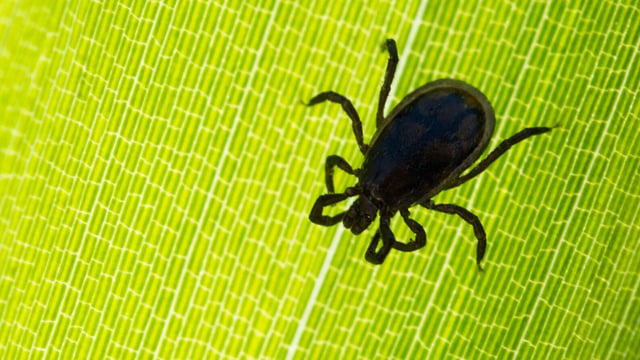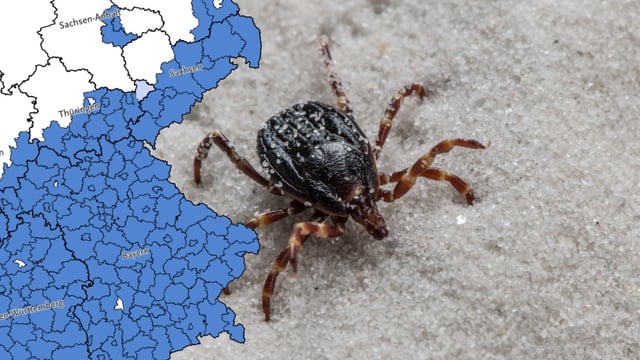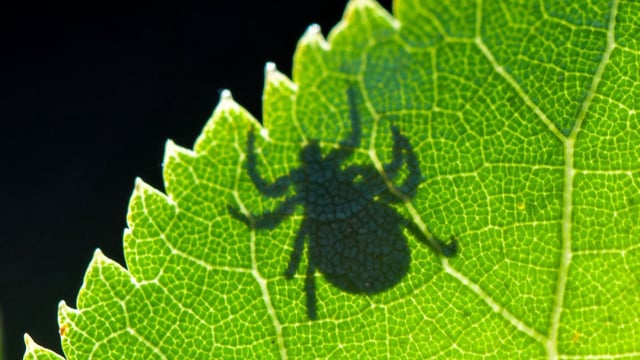Overview
- The Robert Koch-Institut now lists 183 FSME risk areas nationwide, including ten in Hesse, with authorities emphasizing the importance of vaccination checks.
- Ticks, active due to mild winters and high humidity, pose a dual threat of Lyme disease and FSME; health officials recommend protective clothing, repellents, and thorough body checks.
- Oak processionary moth caterpillar hairs, which cause allergic reactions, are spreading across Hesse and Rheinland-Pfalz; residents are advised to report nests to authorities rather than removing them themselves.
- Asian tiger mosquitoes, particularly prevalent in Wiesbaden, are aggressive biters and potential carriers of Dengue and West Nile viruses; authorities recommend eliminating standing water to curb breeding.
- Grass mites, emerging in June, cause itching and eczema but do not transmit diseases; reducing rodent hosts like mice can help manage infestations.



